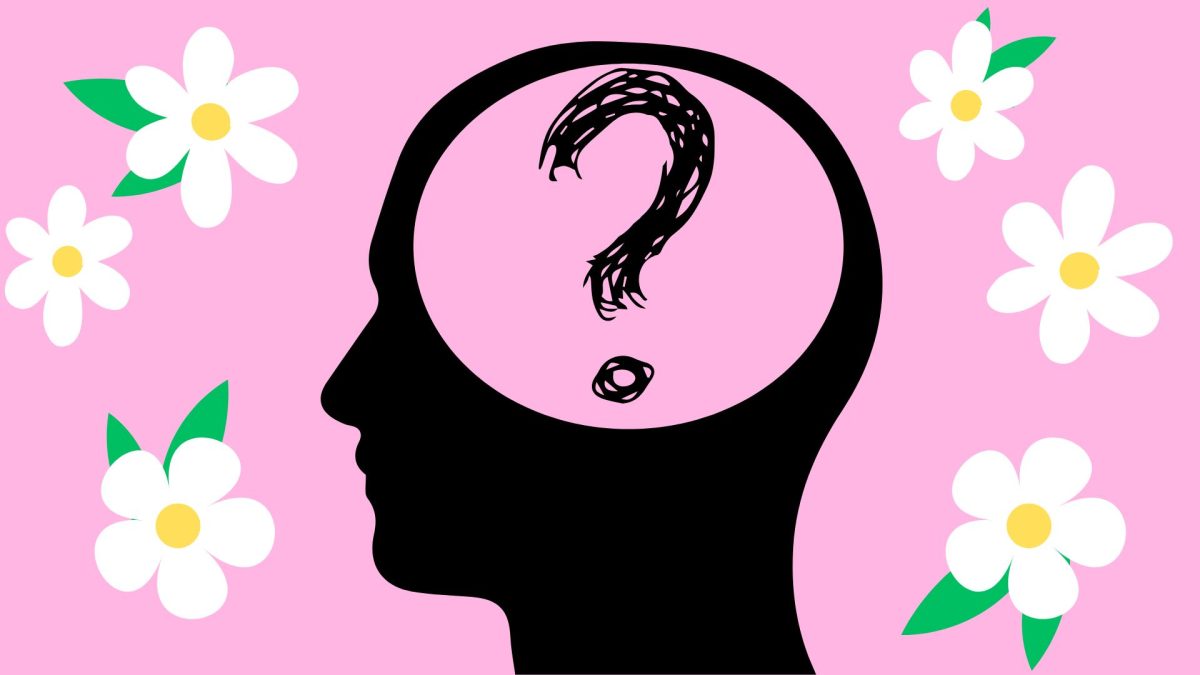Sleep disturbances are common among university students and negatively affect their academic performance, mental health, and overall well-being. Multiple factors contribute to these disruptions, including academic pressure, excessive screen time, and social commitments.
The demand to meet academic deadlines, study for exams, and complete assignments often leads to late-night study sessions and irregular sleep schedules. Other contributors to sleep disturbances include excessive screen time before bed, which disrupts the body’s natural sleep-wake cycle due to blue light exposure. Social activities and late-night campus events can also interfere with sleep patterns. Additionally, stress, anxiety, and depression are closely linked to sleep problems.
Students often engage in poor sleep hygiene, including inconsistent sleep schedules and caffeine consumption. Alcohol, nicotine, and stimulants can also negatively impact sleep quality. These disturbances can have widespread consequences beyond tiredness. Cognitive impairment, emotional challenges, and physical health effects are common. Students with sleep disturbances may struggle with reduced attention span, memory consolidation issues, and difficulty in problem-solving, which can hinder academic performance.
Sleep deprivation is associated with irritability, mood swings, and a higher risk of mental health disorders. Long-term sleep issues can lead to weakened immunity, an increased risk of obesity, and cardiovascular problems. Students who report poor sleep often experience lower grades and difficulties concentrating. Sleep deprivation can also increase the risk of accidents, particularly when driving.
A survey at the University of Southern Mississippi highlighted the real-world impact of sleep disturbances on students. Abdul Hamid Arikewuyo, a sophomore, shared his experience.
“Last semester, I had about 5 to 6 hours of sleep,” Arikewuyo said. “I had to shift my classes to 11 a.m. this semester to have about 8 hours of sleep. Due to academic stress and 11:59 deadlines, I’ve never felt well-rested apart from weekends. I’ve experienced migraines and body aches. Now, I scheduled my classes for the afternoon rather than the morning.”
Arikewuyo’s story underscores the challenge many students face balancing academics and their well-being.
To help students address sleep disturbances, USM can implement strategies like sleep hygiene education, academic support programs, and mental health resources. Workshops can teach students about maintaining consistent sleep schedules, reducing caffeine intake, and creating a sleep-friendly environment. Promoting time management and study groups may alleviate academic stress. Additionally, counseling services can help students manage anxiety and depression, while policies promoting later class start times and regular physical activity can further improve sleep quality and overall health.
Sleep Disturbances Impact Students’ Health and Academics
Munachiso Ezeasor
|
March 26, 2025
0
Donate to SM2
Your donation will support the student journalists of University of Southern Mississipi. Your contribution will allow us to purchase equipment and cover our annual website hosting costs.
More to Discover






































